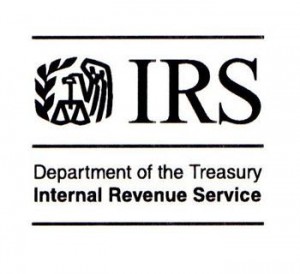Tax-exempt organizations face special legal challenges in developing compensation packages for their executives. A new article, Executive Compensation Arrangements for Tax-Exempt Organizations, published in the Lexis Practice Advisor provides practical guidance on developing benefits for executives of nonprofits.
This article is divided into the following main topics:
- Executive compensation considerations for tax-exempt entities
- Excise Tax on Excess Executive Compensation
- Deferred compensation rules
- Severance pay
- Vacation and sick leave plans
- Performance bonuses and other nonfixed payments
- Fringe benefits

 The Tax Cuts and Jobs Act of 2017 made a number of changes affecting the compensation and benefits that governmental, church, and other tax-exempt organizations can provide to their employees. Given the short time between introduction and passage of the Act, it is not surprising that many of the new provisions are unclear in their application. Moreover, some of them may produce unintended consequences for these organizations.
The Tax Cuts and Jobs Act of 2017 made a number of changes affecting the compensation and benefits that governmental, church, and other tax-exempt organizations can provide to their employees. Given the short time between introduction and passage of the Act, it is not surprising that many of the new provisions are unclear in their application. Moreover, some of them may produce unintended consequences for these organizations. The IRS has now issued a series of forms to enable federal, state, and local governments to assess their compliance with federal tax statutes, and has set forth some common errors found in examining such employers. Several of the forms relate to employee benefits issues, and may be of assistance to governments trying to ensure that they comply with all legal requirements.
The IRS has now issued a series of forms to enable federal, state, and local governments to assess their compliance with federal tax statutes, and has set forth some common errors found in examining such employers. Several of the forms relate to employee benefits issues, and may be of assistance to governments trying to ensure that they comply with all legal requirements.